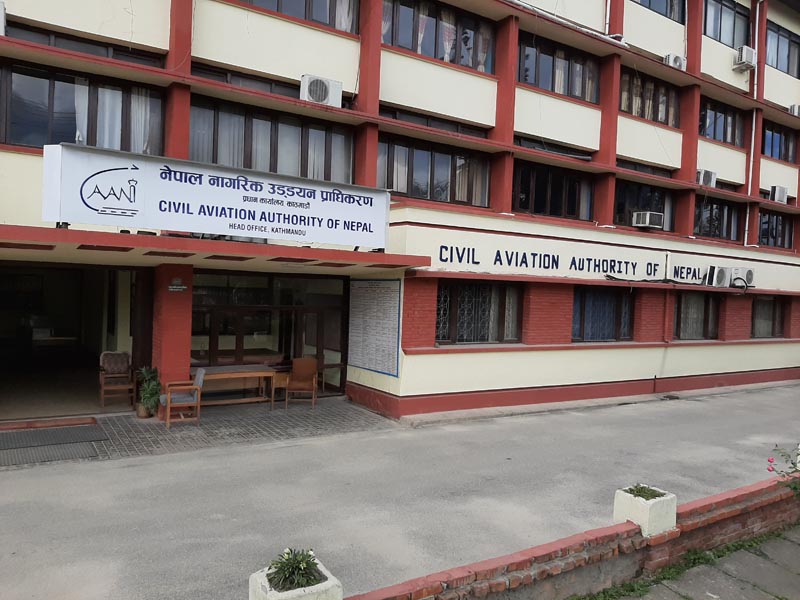CAAN in no hurry to suspend flights
Kathmandu, March 5
The Civil Aviation Authority of Nepal today said it would temporarily suspend Nepal-bound flights from countries that have been badly affected by the coronavirus infection only after it formally received a copy of the apex court’s order.
On Monday, the Supreme Court had issued an interim order telling the government to halt flights from and to countries that pose high risk of coronavirus infection, including China, South Korea, Japan, Iran and Bahrain, till the disease was brought under control.
“CAAN will suspend flights from COVID 19 hotspots once it formally receives a copy of the court order,” CAAN Spokesperson Raj Kumar Chhetri said, adding that the civil aviation regulator has not yet received the copy of the order issued by the SC.
According to him, it might take a few more days for CAAN to receive the copy of the court order as it has to pass through the Office of Attorney General, the Office of Prime Minister and Council of Ministers and the Ministry of Culture Tourism and Civil Aviation. “CAAN will certainly comply with the court order but it must have a copy of the order,” he said.
CAAN can’t recommend any airline conducting direct or transit flights from coronavirus hotspots to halt flights to Nepal unless it receives the copy of the court’s verdict, Chhetri claimed.
According to terminal duty office at Tribhuvan International Airport, China Eastern and Air China are conducting a flight each daily while China Southern has been operating three flights a day. Korean Air is still conducting daily flight to Kathmandu from Seoul.
After the outbreak of COVID 19, Tibet Airlines and Sichuan Airlines have, however, cancelled all their Nepal-bound direct flights from China, while Himalaya Airlines has temporarily suspended all its operations to Chinese cities, including Beijing, Guiyang, Changsha and Chongqing.
Several countries have already suspended flights to and from COVID 19 hotspots. COVID-19 was first reported in China in December-end and has since spread to over 80 countries, killing at least 3,280 people.






